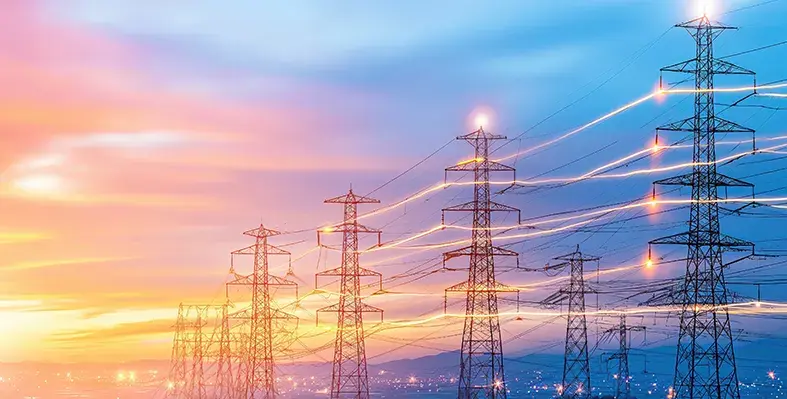The African Development Bank (AfDB) Group’s board of directors has approved a loan of US$144.27mn to support the first phase of Niger’s Energy Sector Governance and Competitiveness Support Program, a comprehensive initiative designed to reform energy sector laws and address the country’s critical electricity shortage
The program aims to tackle governance challenges by enhancing public financial management, with a strong focus on improving tax revenue mobilisation and control systems. It will also support the clearance of domestic arrears, facilitate public-private dialogue, and promote the adoption of an industrial and commercial policy to strengthen local businesses.
"This program represents our commitment to supporting Niger's economic recovery and energy independence," said African Development Bank director general for West Africa Lamin Barrow. "By improving access to energy and strengthening governance frameworks, we are helping to lay the foundations for sustainable growth that will benefit all Nigeriens, particularly the most vulnerable populations."
AfDB’s funding will support Niger’s energy targets, including raising electricity access from 22.5% to 30% by 2026, and boosting the manufacturing sector’s contribution to GDP from 2.5% to 3.8%. A key part of the program is focused on renewable energy, aiming to add 240 MW of solar capacity by 2030, with 50 MW set to come online before December 2026.
The initiative is rooted in social inclusion, with dedicated measures for internally displaced persons, women, and youth. Currently, over 507,000 Nigeriens have been displaced due to regional security concerns. The program includes targeted efforts to create improved economic opportunities for these vulnerable groups.
Despite facing challenges, Niger’s economy has shown resilience, posting a GDP growth rate of 8.8% in 2024. Oil production is also expected to rise significantly, from 20,000 to 90,000 barrels per day by 2026. However, electricity access remains low, only 22.5% of the population is connected to the grid, with rural access standing at just 4.5%, forcing the majority to rely on biomass for 94% of their energy needs.
The government’s strategic energy compact, already adopted by decree, sets the groundwork to attract US$527mn in private sector investment by 2030. The initiative will also establish high-level coordination mechanisms and update national energy policies to create a conducive environment for private investment in mini-grid solutions—crucial for extending electricity access in rural communities.
By leveraging its abundant renewable resources and enhancing governance, Niger is positioning itself for inclusive and sustainable development, with support from strategic partners like the African Development Bank.












